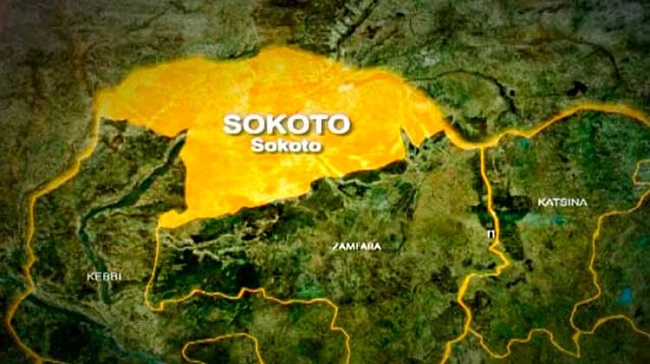Sokoto State Government has confirmed the outbreak of Dengue Fever, with eight laboratory-verified cases detected across the Sokoto metropolis, including Sokoto North and Sokoto South local government areas.
In an advisory issued to all public and private health facilities yesterday, the Ministry of Health warned of “increasing reports of fever and severe malaria-like symptoms” in several communities, urging health workers to heighten surveillance and intensify case-detection efforts.
Health Commissioner, Faruk Abubakar, said the state is taking proactive measures to prevent the spread of the mosquito-borne disease, noting that many of the reported symptoms resemble malaria but required distinct management.
“All healthcare workers are hereby placed on high alert and requested to maintain a high index of suspicion for Dengue Fever in patients presenting with fever, headache, joint pains, body pains or rash, especially where malaria RDT is negative or symptoms persist despite treatment,” the advisory read.
The ministry also directed all facilities to immediately notify the LGA Disease Surveillance and Notification Officers of suspected cases and ensure proper sample collection for confirmation.
Abubakar further cautioned clinicians against the use of common NSAIDs such as ibuprofen and aspirin in suspected Dengue cases, recommending paracetamol instead for fever management due to the risk of bleeding complications.
The state also emphasised strict infection prevention and control measures, safe waste disposal, and community engagement to eliminate mosquito breeding sites.
Health workers were urged to report any unusual fever spikes, clusters, or deaths to the Disease Surveillance Office or the State Epidemiology Unit without delay.
“We encourage all health workers to remain vigilant and cooperate fully with public health authorities to manage and report cases promptly,” the commissioner added, commending their continuous dedication to safeguarding the health of residents.
Dengue Fever, transmitted by the Aedes mosquito, has been re-emerging in parts of Nigeria, prompting increased monitoring by health authorities.





